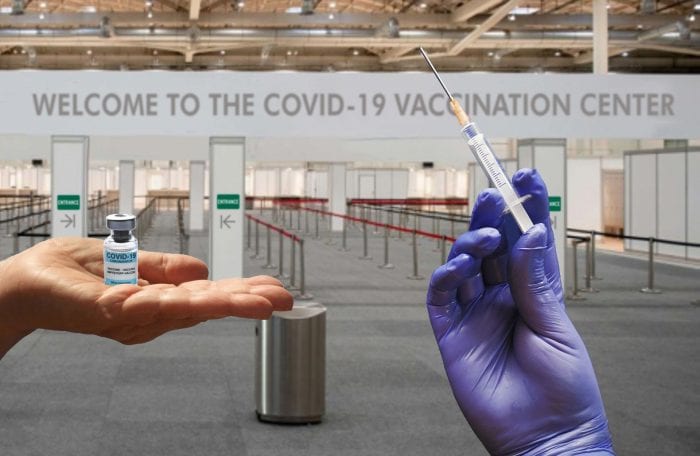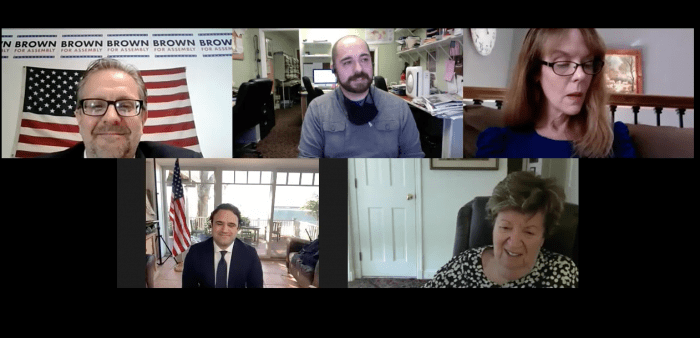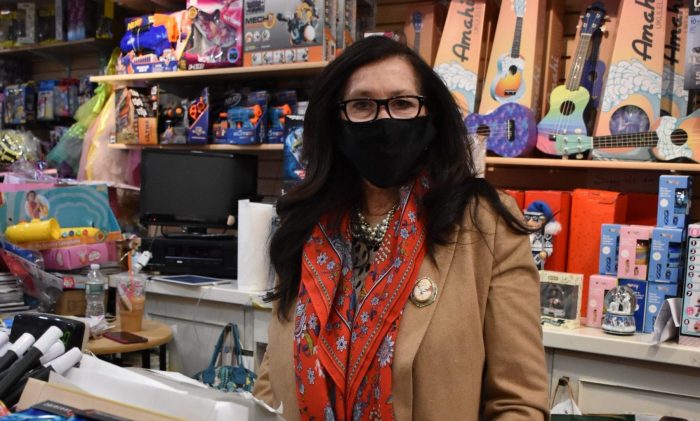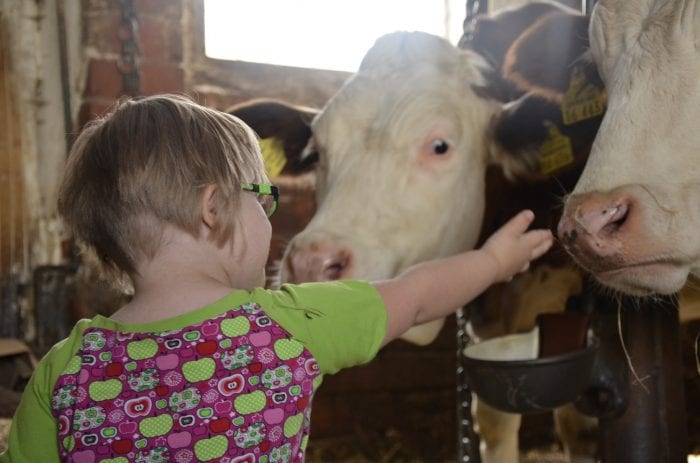By Leah S. Dunaief

Last Saturday I received my first of the required two vaccines against COVID-19. The inoculation itself was painless. The person who administered the shot was a broad-shouldered young man with curly black hair, deep brown eyes and prominent cheekbones that led to a white-tooth smile. He pinched the skin of my arm just below my left shoulder, and I knew the deed was done only when he discarded the needle into the red can. I think you can see why the entire experience was painless.
As you, who have tried undoubtedly know, it was not easy to get an appointment for the vaccine. My family and friends and the children of my friends were all on the phone or on their computer keyboards for hours trying over and over again to make contact with the right person in a reasonably close location to schedule the vaccination. Finally, the daughter of a close friend secured a time slot for me at the Javitz Center in New York City, and then my son found one sooner at Jones Beach.
I know that some people are passing up the opportunity to get vaccinated. They are concerned, among other reasons, that it has not been tested sufficiently since it was developed with unprecedented speed. What will the long term effects of the vaccine be? No one knows because there has not been a long term so far; we do know that the immediate effects have been studied for the short term in thousands of patients in clinical trials. The results and the efficacy have been excellent. So I decided that I would risk any unknown long term negative effects from the vaccine against the already known long-haul negative consequences from the disease and go for it.
I had heard that after-effects were not uncommon during the 24 hours following the vaccination, and indeed I did experience a couple. Two or three hours after I returned home, and after my dinner, I suddenly was enormously fatigued. I managed to climb the stairs to the bedroom, despite feeling light-head, and I slid into bed, where I then spent the night and enjoyed a sound sleep. I awoke to an aching arm, but that wasn’t the main problem. When I tried to walk, my right leg was, I thought, in spasm. I assumed I had slept in an awkward position and that I could walk it off, but the pain intensified. As the day went by, I endured only with the help of repeated Tylenol capsules, vitamins, a banana and ultimately the distraction of the big football game.
The next day, little more than 24 hours later, I felt perfectly fine. I was timid about walking, but there was no problem. Do I know that the leg pain was the after effect of the shot? I don’t, of course.
I do have a date for the second shot, which is scheduled for early next month, and apparently there is a dose reserved for me to receive at that time. Will the vaccine protect me? From what I have read and been told, it takes about two weeks before the body develops any immunity, and with the one shot, that is perhaps only 50 or 60 percent. The second vaccination brings the immune system to about 94 percent — or so the evidence has shown. Now, with the new mutations that are freely developed by the viruses with each reproduction in new victims, the scientists are not sure. Vaccinations are racing against viral reproduction.
There can be many minute mutations of the viruses’ genetic sequences. More worrisome is recombination. That means the coronavirus mixes large chunks of its genome upon reproduction, and that is common and surely happening. Recombination might enable different tiny variants to combine and make the virus more potent inside a victim’s body.
The question is, will the vaccine hold these newly minted intruders off? Scientists are studying variants and recombination, but they don’t yet know. So far, so good.
















